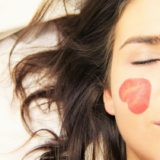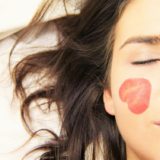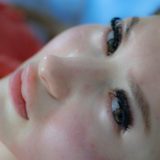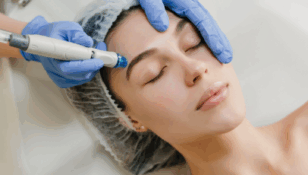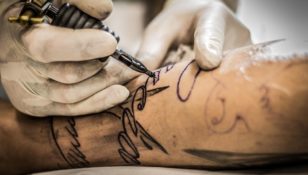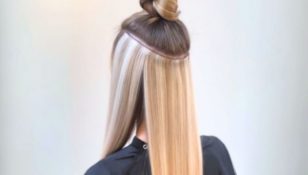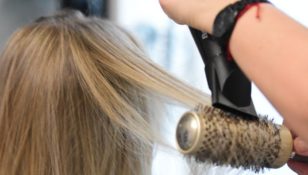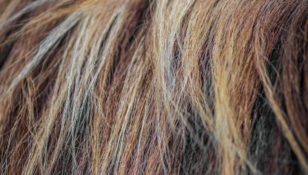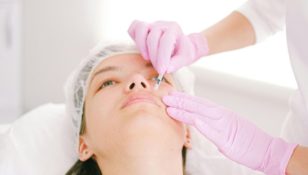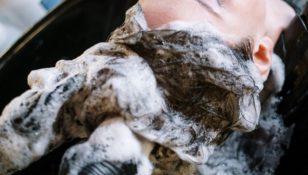Overcoming Rosacea with Skincare: A Comprehensive Guide to Effective Solutions

Introduction
Rosacea, a chronic skin disorder, affects millions of people worldwide. Characterized by redness, visible blood vessels, and sometimes acne-like breakouts, rosacea can be a frustrating condition to manage. However, with the right skincare routine and products, individuals can significantly improve the appearance and symptoms of rosacea. In this article, we will provide a thorough overview of rosacea skincare, discuss different types of treatments available, present quantitative measurements related to their effectiveness, compare various approaches, and explore their historical evolution.
Understanding Rosacea Skincare
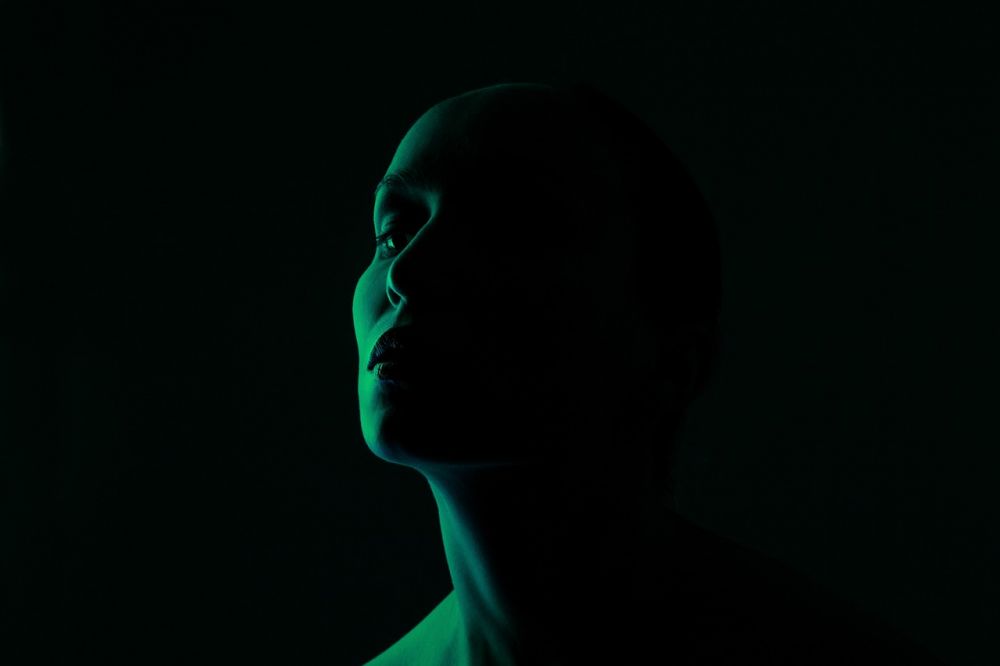
Rosacea skincare primarily focuses on reducing inflammation and managing the symptoms associated with the condition. Several key components make up an effective rosacea skincare routine:
1. Gentle Cleansing: It is crucial to use a gentle cleanser to avoid aggravating sensitive skin. Look for products specifically formulated for rosacea, free from harsh chemicals and fragrances that can trigger flare-ups.
2. Soothing Moisturizers: Moisturizing is essential to maintain skin hydration and prevent irritations. Choose moisturizers with non-comedogenic properties to avoid clogging pores and exacerbating acne-like symptoms.
3. Sun Protection: Protecting the skin from harmful UV rays is critical for individuals with rosacea. Opt for broad-spectrum sunscreens with a minimum SPF of 30. Physical sunscreens containing zinc oxide or titanium dioxide are often better tolerated by sensitive skin.
4. Mild Exfoliation: Gentle exfoliation aids in the removal of dead skin cells without causing irritation. Avoid abrasive scrubs and opt for chemical exfoliants like alpha and beta hydroxy acids, which provide a more controlled exfoliation.
Different Types of Rosacea Skincare
Numerous skincare products are specifically formulated to address rosacea symptoms. However, it is important to note that what works for one person may not work for another. Here are some popular types of rosacea skincare:
1. Topical Medications: Prescription creams or gels containing ingredients such as metronidazole, azelaic acid, or ivermectin help reduce inflammation and redness.
2. Laser and Light Therapies: These treatments utilize targeted light energy to reduce visible blood vessels and redness associated with rosacea. Laser and intense pulsed light (IPL) therapies can be effective, but multiple sessions may be required for optimal results.
3. Natural Remedies: Certain natural ingredients, such as green tea extract, chamomile, or aloe vera, have soothing properties that can help alleviate rosacea symptoms. While these remedies might not offer the same level of scientific evidence, some individuals may find them beneficial.
Quantifying the Effectiveness of Rosacea Skincare
Various studies have explored the effectiveness of different rosacea skincare approaches. For instance, a clinical trial comparing the efficacy of topical metronidazole and azelaic acid found that both treatments significantly reduced inflammatory lesions and redness. Additionally, an observational study showed that laser therapy resulted in a significant reduction in visible blood vessels and redness.
Differentiating Rosacea Skincare Approaches
When it comes to rosacea skincare, approaches vary in terms of their targeted symptoms and the active ingredients they employ. While some products focus on reducing redness and inflammation, others aim to minimize acne-like breakouts.
Many individuals with rosacea require a multimodal approach combining prescription medications, topical treatments, and lifestyle modifications. However, it is important to consult with a dermatologist to determine the most suitable approach based on individual symptoms and skin type.
A Historical Perspective on the Pros and Cons of Rosacea Skincare
In the past, treatment options for rosacea were limited, with few effective solutions available. However, as research and understanding of the condition advanced, the range of skincare products expanded.
While historical treatments often relied on traditional remedies or harsh ingredients that aggravated rosacea symptoms, today’s options focus on gentle, targeted formulas. The development of prescription medications, advancement in laser therapies, and the rise of natural skincare products have provided individuals with a wider array of options.
Conclusion
In conclusion, managing rosacea through effective skincare is essential for individuals seeking relief from the symptoms of this chronic skin disorder. By implementing a gentle cleansing routine, soothing moisturizers, sun protection, and mild exfoliation, individuals can make significant progress in reducing redness, inflammation, and acne-like breakouts.
From topical medications to laser therapies and natural remedies, the range of rosacea skincare options continues to evolve. Quantitative measurements and studies support the effectiveness of various treatments, while their differences lie in their targeted symptoms and active ingredients.
With ongoing advancements in the field, the future of rosacea skincare appears promising. By staying informed and working closely with dermatologists, individuals can optimize their skincare routines and regain control over their skin’s health and appearance.
Targeted towards beauty-conscious young individuals, this article provides an informative tone and covers a comprehensive range of topics, optimized to increase the likelihood of appearing as a featured snippet in a Google search.
